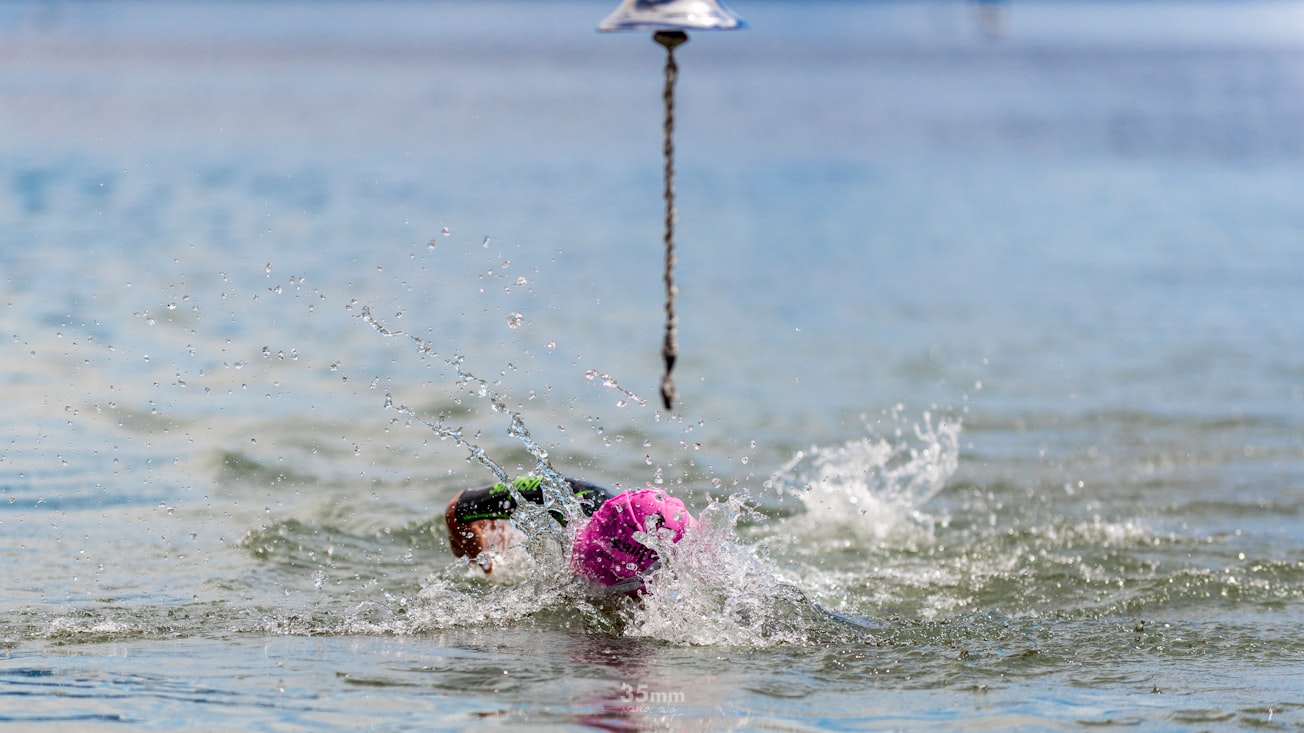What is it about?
We were interested in investigating sports and physical cultures that demand intense commitment in terms of time, energy, and (for many) finances, devoted to endurance-training regimes. They also require substantial sacrifice with regard to social activities and family life, even for those not competing at elite levels. The nature of endurance still remains under-researched from a sociological and qualitative perspective, however, and in this article we directly address this gap in the research literature. Data are derived from two separate ethnographic and autoethnographic research projects, and explore interesting commonalities in the shared lived experience of endurance and ‘endurance work’ in two very different, and distinctive, sporting worlds.
Featured Image

Photo by Mario Caló on Unsplash
Why is it important?
Endurance is surprisingly under-research from a sociological perspective, particularly in terms of the social aspects of endurance and endurance work. This article addresses the current gap in knowledge and compares and contrasts endurance as 'produced' in the worlds of swimming and running.
Perspectives
The research team held some very engaging discussions to compare and contrast endurance within two sporting lifeworlds with which we were familiar. As a distance runner (and very weak swimmer), it was fascinating to compare the nature of endurance in running with the experiences of my colleagues, both experienced and high-level performance swimmers.
Professor Jacquelyn Allen-Collinson
University of Lincoln
Read the Original
This page is a summary of: ‘Ploughing on’: a sociological investigation of ‘endurance work’ in competitive swimming and distance-running, Qualitative Research in Sport Exercise and Health, June 2020, Taylor & Francis,
DOI: 10.1080/2159676x.2020.1772859.
You can read the full text:
Contributors
The following have contributed to this page







